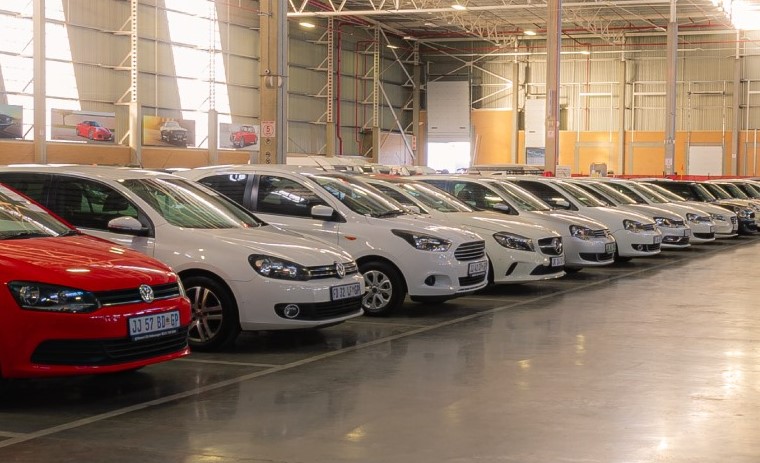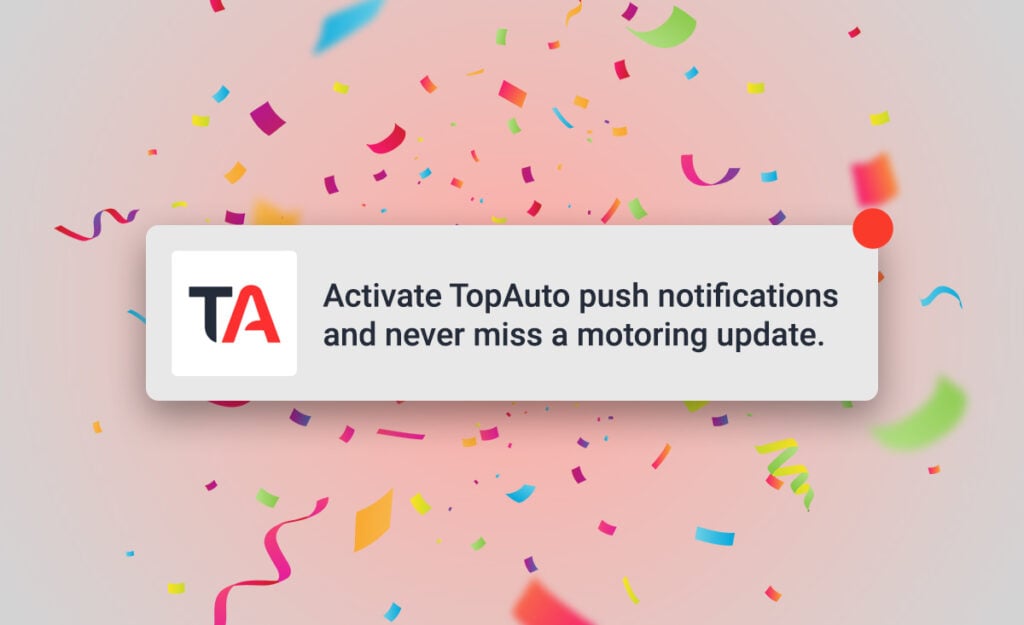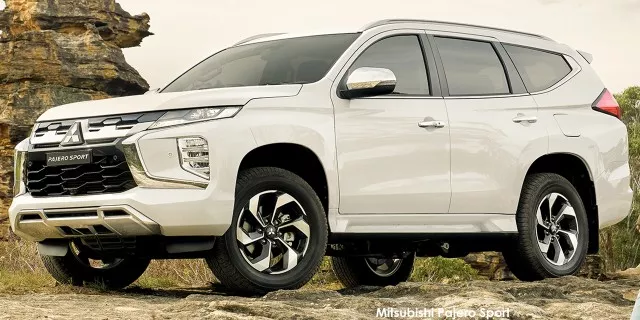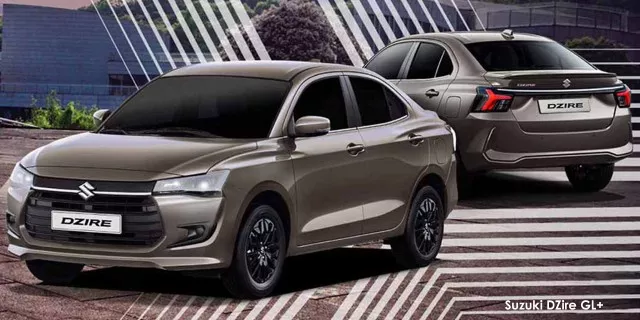
The fiscal picture for South Africans looks bleak over the coming six months with at least two interest rate hikes predicted, however, WesBank expects that by 2024, vehicle affordability in the country will be on the up again.
“We believe the situation in the local economy will begin to improve with decreases in the repo rate, and that the economy will normalise in 2024,” said WesBank CEO Ghana Msibi.
Additionally, he said the component shortages and supply-chain snarls which have been wreaking havoc on the automotive world since 2020 and caused frantic increases in prices are showing signs of subsiding in the medium term.
Lower global shipping costs, which in certain cases have tripled over the past two years, are also anticipated to come into play before 2024, as well as the full return of China’s car production following the Covid-19 pandemic, which will be a major factor in improving component availability for the entire global automotive industry and its related economies.
If these forecasts come to fruition, “the improving global and local economic situations will be beneficial in improving vehicle affordability,” said Msibi.
A new way of doing business
Despite all the negative influences on the market, Msibi said there has been a substantial increase in consumer activity in 2022 compared to 2021, and that this is expected to grow in 2023 “to the benefit of the consumers.”
As such, WesBank sees a move to “click-and-mortar” commercial practices for many companies in 2023 as they come to terms with a combination of digital and personal interactions with their customers.
Click-and-mortar refers to a type of business model that has both online and offline operations, and it typically includes a website and a physical store.
Moreover, the emergence of new-energy vehicles (NEV) – which comprises hybrid, plug-in hybrid, electric, and green hydrogen cars – could introduce several new tiers of vehicle finance in the future.
“At this stage, the complete car will be financed but, depending on risk assessment over time, it could result in separate financing for the car without the battery, and financing the battery separately,” said Msibi.









